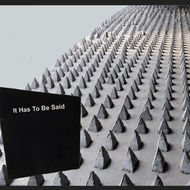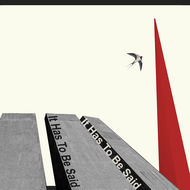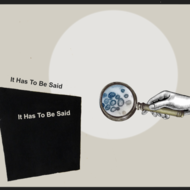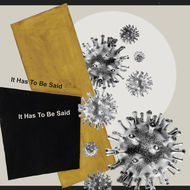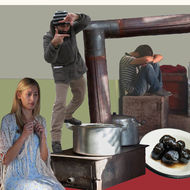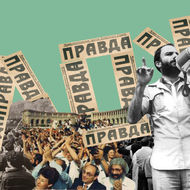Search articles
Search results for
It Has To Be Said: The New Normal
By Maria Titizian
While many people are following regulations of social distancing and self-isolation, other processes continue unabated, creating a new normal.
It Has To Be Said: The Not-So-Subtle Art of Labeling
By Maria Titizian
Labeling people we disagree with can have profound effects, it can also shut down any kind of intellectual debate, leading to greater polarization.
It Has To Be Said: The Quest to Obtain Citizenship
By Maria Titizian
Our weekly editorial “It Has To Be Said” looks at one woman’s odyssey to obtain Armenian citizenship and the broader issue of an ineffective and counterproductive civil service.
It Has To Be Said: The Swallow’s Fortress
By Maria Titizian
As Armenian Genocide commemorations were cancelled around the world, descendants of the survivors found alternative ways of remembering, honoring and demanding.
It Has To Be Said: The Tightening Circle
By Maria Titizian
Once this nightmare is over, it will be time for a reckoning and a reset. A time for everyone to reflect on what has come to pass, how they conducted themselves and what kind of responsibility they bear for the final outcome.
It Has To Be Said: Thy Neighbor
By Maria Titizian
This week’s “It Has To Be Said” editorial looks at the importance of social responsibility amid a pandemic that has rattled almost every country on the planet.
IT Startup Tax Incentives: Fixing the Wrong Problem
By Aghvan Asoyan
Armenia’s government has introduced a number of benefits for the tech industry. Will these benefits contribute to the development of the sector and are they sufficient to solve the existing challenges?
Jack Cracks Open a Window
By Raffi Wartanian
His scissors his baton, moving like a dancer-magician, Jack seems to induce an otherworldly state. At the end of his intricate symphony, the final product is a manifestation of his vision.
Jivan Avetisyan: A Story of Survival, Destiny and Faith
By Maria Titizian
Director Jivan Avetisyan of Tevanik and The Last Inhabitant talks about surviving the Spitak earthquake, the Karabakh War and the memories and experiences that have become the guiding force of his life and his films.
Karabakh Movement 88: A Chronology of Events on the Road to Independence
The Karabakh Movement was a crystallizing moment in the collective and historical memory of the Armenian nation. In this first in a series of articles about the Movement, EVN Report presents a chronology of the events of 1988 which eventually paved the way to independence.



